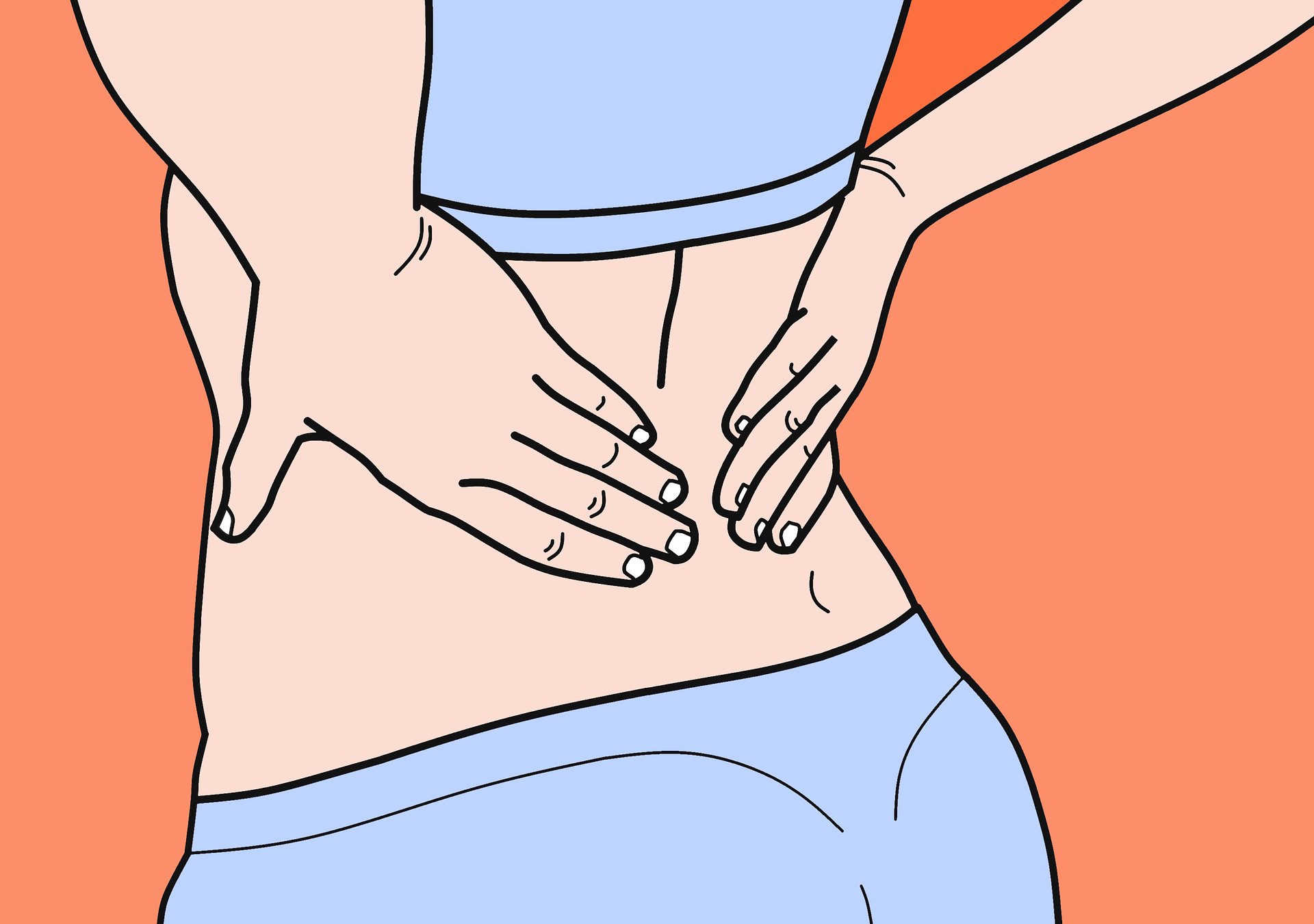
Pain, whether acute or chronic, can significantly affect the life of every individual. Rest or home remedies do not always help against pain in your back or joints.
Then it is important to find the cause of the pain and treat it promptly and effectively. Here, medications, be it in the form of tablets and drops but also globules, are good therapeutic approaches to reduce the existing pain and to enable a further definitive diagnosis.
In the case of drug intolerance or ineffectiveness, other approaches are necessary. Here, interventional pain therapy procedures offer effective and sustainable alternatives. Here, under local anaesthesia, i.e. local anaesthesia, special drugs are injected under X-ray C-arm or ultrasound control at the points in the body determined in advance for diagnosis, so that the pain can be influenced promptly.
The effects on the entire body, especially the physical condition, are consistently positive. Side effects and complications occur very rarely, provided that a thorough clarification and preparation with physical examination, imaging and laboratory has taken place. Our above-mentioned professional approach, our many years of experience and continuous further and advanced training contribute significantly to the safety and reliability of all interventional pain therapy procedures applied in our pain therapy center. Thus, the therapeutic risk remains low for all involved, especially for our patients. The everyday risk of being run over by a car when crossing a road is, statistically speaking, significantly higher.
The medicines used hardly cause any systemic side effects when used properly and in compliance with the known contraindications. The targeted use of water-soluble cortisone, among other things, in interventional pain therapy of the back or spine can also be described as safe, also with reference to the current recommendations of the specialist societies and various specialist publications.
Interventional pain therapy is certainly not a cure-all, as it primarily has a functional effect. Nevertheless, in many cases it is at least equal to surgical therapy, as it usually does not cause any permanent changes in the body that are no longer reversible or can be returned to the original state.
In the majority of cases, interventional pain therapy enables a prompt medical training therapy under one’s own direction from the following day and thus a medically sustainable rehabilitation. If the individual physical training is carried out regularly and continuously, a resumption of the usual activities of daily life is, from our experience, permanently and sustainably possible.
Here, not only the respective interventional pain therapy procedure but above all the own motivation for the medically necessary training but also the self-experienced suffering pressure of our patients are decisive factors for optimising the sustainability of each pain therapy performed.


